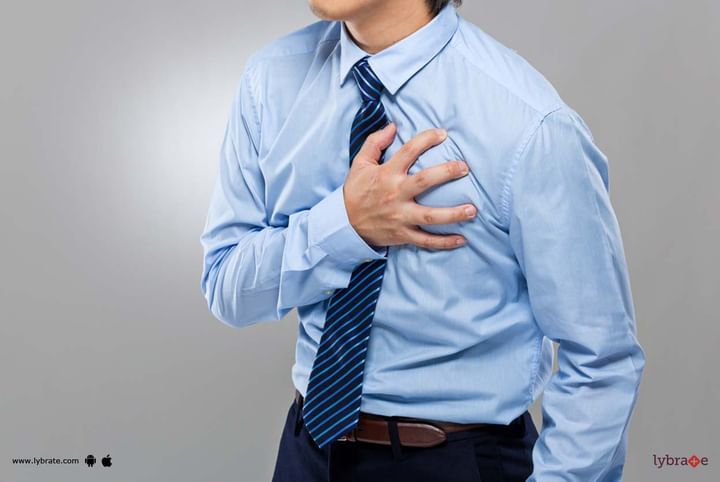Acute Heart Attack - Why Is Quick Response Required?
Heart attacks need not be lethal. How you survive a heart attack depends on how fast you or your loved ones can act when this medical emergency happens. If you do the right thing at the right time in the first hour right after a heart attack, you can save a life.
What are heart attacks?
It is a kind of acute coronary syndrome. If a blood clot forms in a coronary artery, it causes a blockage in the artery and this disrupts the supply of blood to the heart. Therefore, some of the muscles of the heart begin to die and this is a heart attack.
If the blockage happens in one of the major arteries, a heart attack is followed by heart failure, when the heart is unable to perform its duties. This can be lethal.
Identify acute heart failure from its symptoms:
The first step in taking timely action lies in being able to realize that a heart attack is happening. And not dismiss the signs as trivial.
• Shortness of breath also called dyspnea for several days
• Sudden weakness
• Rapid and spiked heartbeat.
• Sudden wheezing
• The searing pain in the chest
• Coughing up bloodied mucous
• Fainting
Why does every minute count?
The more time elapses before you seek treatment, the more extensive the muscle damage. If the artery is blocked for a long time, then the heart could be damaged irreparably. If you are hospitalized in the first hour, doctors can start the surgery that can save you right away. The extent to which you can recover depends on how much of the muscle they can save. Beyond that time frame, doctors cannot save most of the muscle.
As soon as the person is brought to the hospital, doctors perform a surgery to remove the clot from the artery. When that is done, blood can start flowing without any interruption and reach the muscles, the muscles which had been deprived of blood, now start to function normally.
Moreover, erratic heart rhythm can actually scar the heart’s tissues permanently. If surgery is done within three hours the scarring can be reversed to prevent the possibility of heart attacks in the future.
To take timely action it is not just about recognising the symptoms, but keeping a hospital's emergency number at hand so that you can call up for an ambulance as soon as possible. These measures can save your life or the life of your loved ones.



+1.svg)
